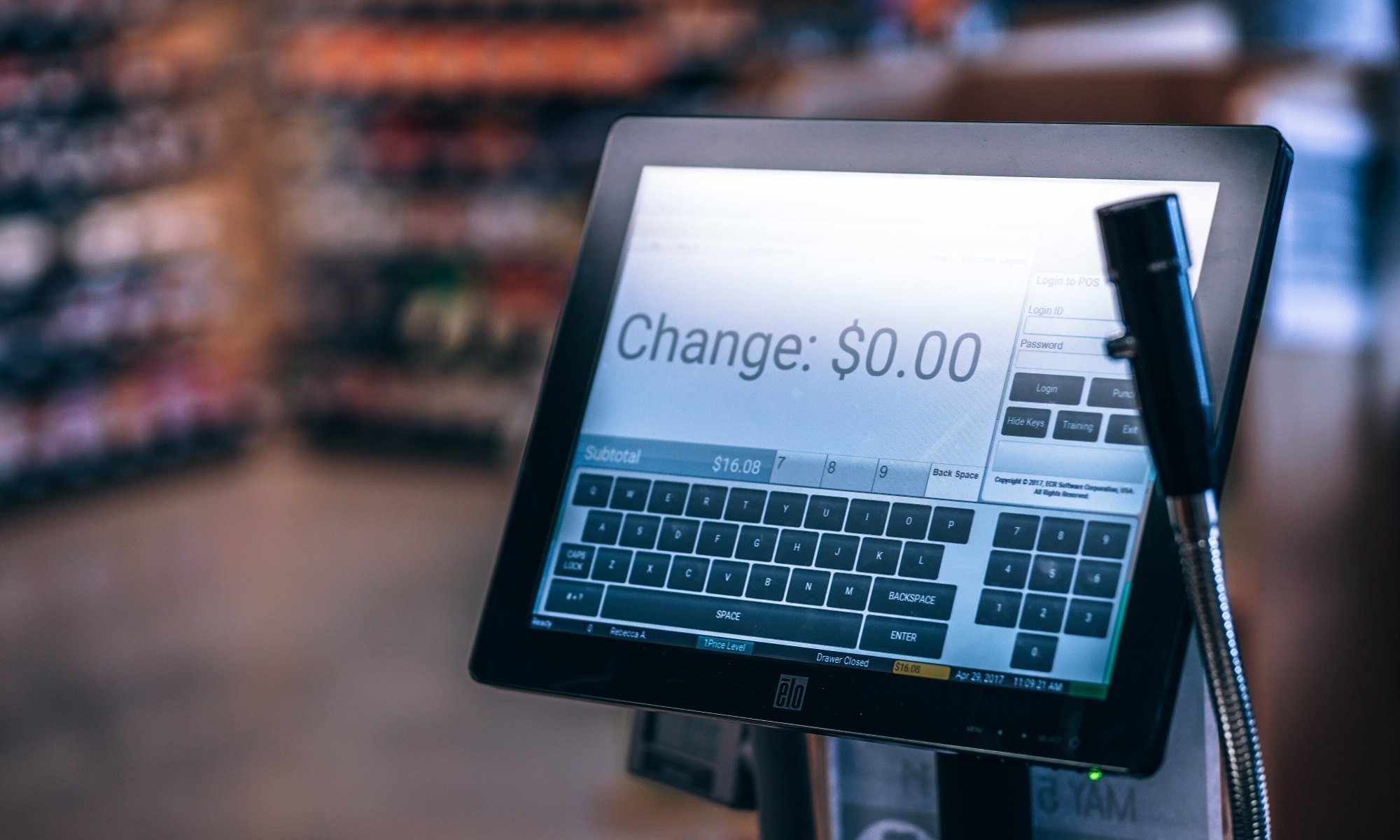
Did you know that 66% of businesses say the accuracy of address details is critical to their business?
However, according to Loqate’s report – Fixing Failed Deliveries – 1 in 20 online orders are not delivered on the first attempt – which can have a serious impact on a brand and its relationship with its customers.
However, according to Loqate’s report – Fixing Failed Deliveries – 1 in 20 online orders are not delivered on the first attempt – which can have a serious impact on a brand and its relationship with its customers.
>Share this post<
by Michelle McSweeney
August 20, 2018
Did you know that 66% of businesses say the accuracy of address details is critical to their business?
However, according to Loqate’s report – Fixing Failed Deliveries – 1 in 20 online orders are not delivered on the first attempt – which can have a serious impact on a brand and its relationship with its customers.
So, what are the main reasons for failed deliveries? And what should online retailers be doing to ensure they deliver first time, save money and maintain a strong relationship with their customers?
From our research, we discovered that a whopping 65% of retailers say delivery issues are a significant cost to their business. From a financial point of view, each failed delivery costs an average of €14.87 – a significant amount that retailers could do without.
However, according to Loqate’s report – Fixing Failed Deliveries – 1 in 20 online orders are not delivered on the first attempt – which can have a serious impact on a brand and its relationship with its customers.
So, what are the main reasons for failed deliveries? And what should online retailers be doing to ensure they deliver first time, save money and maintain a strong relationship with their customers?
From our research, we discovered that a whopping 65% of retailers say delivery issues are a significant cost to their business. From a financial point of view, each failed delivery costs an average of €14.87 – a significant amount that retailers could do without.
Bad data
It isn’t just money that retailers need to be worried about though. Bad data is also responsible for unhappy customers. If a customer orders a package and is left waiting longer than anticipated, or, even worse, doesn’t receive it at all, this can lead to frustration and a lack of trust for the retailer.In our research, we discovered that in the UK, an enormous 73% of shoppers are affected by delivery issues. So, what is the cause of so many failed deliveries?
Well, the majority of retailers believe that shoppers don’t realise that failed deliveries are caused by mistyped address data. However, taking this into consideration, is the shopper really to blame? We live in a digital world, where retailers are constantly trying to implement new ways of improving UX, but one area that is often forgotten about is the address entry step.
Address-entry issues
61% of shoppers would abandon a purchase if they experienced address entry issues, and it’s no surprise. Many websites expect you to either fill out your entire address manually (and frankly, who has time for that?), or when you do go to enter your address details, fat fingers can often lead to typos, which are often not detected by the retailer’s addressing tool.So, what do customers really want? Put simply, they don’t want to have to enter their details manually, they just want a stress-free checkout. This doesn’t seem like such a big ask, and, in fact, with the right tool, it isn’t. We all know that typos are easily made, but they don’t have to cause delivery issues.
Selecting a type-ahead address verification tool allows shoppers to flow more naturally through the checkout process as it removes the friction associated with entering address details. Acting like a search engine, accurate addresses are suggested as soon as the shopper begins typing. This reduces the number of keystrokes required of the user, and counteracts the issue of typos, meaning that even if a user enters an incorrect spelling, an abbreviation or inverts characters, the tool will still detect the correct address. Results are also based on location biasing, so the tool will detect the user’s approximate location and will suggest addresses based on this.
Not only does type-ahead address verification greatly minimise user frustration, but it also ensures that retailers capture only clean and accurate address data, meaning that communications and packages are delivered to the shopper’s address first time. This saves money on costly delivery failures and helps strengthen relationships between retailers and their customers.
Think like a shopper
With many retailers looking to expand internationally, it is essential to have an address verification tool that will allow users to enter their address in the way they would on a native site. Address formats vary around the world, so allowing for correct formatting is really important, and helps build trust. On the contrary, if a shopper is faced with a format they are not comfortable with or do not recognise, they are far more likely to abandon the checkout.To create the ultimate optimised checkout, think like a shopper. If your customers are able to comfortably navigate through your checkout, understand what is expected of them, complete their address details quickly and without friction and feel like they are shopping on a native site, they will be more likely to complete the process. And you the retailer will feel more secure in the knowledge that the addresses you capture are verified, reducing the risk of failed deliveries
Interested in learning more about fixing failed deliveries and what consumers really want? Watch Kooomo’s webinar – How to Fulfil Your Customers’ Delivery Expectations – where I join Kooomo’s CEO, Ciaran Bollard and Andy Mulcahy, Strategy & Insight Director at IMRG.
Guest blog by Patrick Taylor, Business Development Manager, Loqate
More to explore
Here’s an overview of the latest improvements that are now available in the Kooomo platform.
In the next few years, we are foreseeing an impressive increase for the global retail industry. While this can be beneficial for the global eCommerce industry, it also means that there will be more competition, as well.

 en
en 

